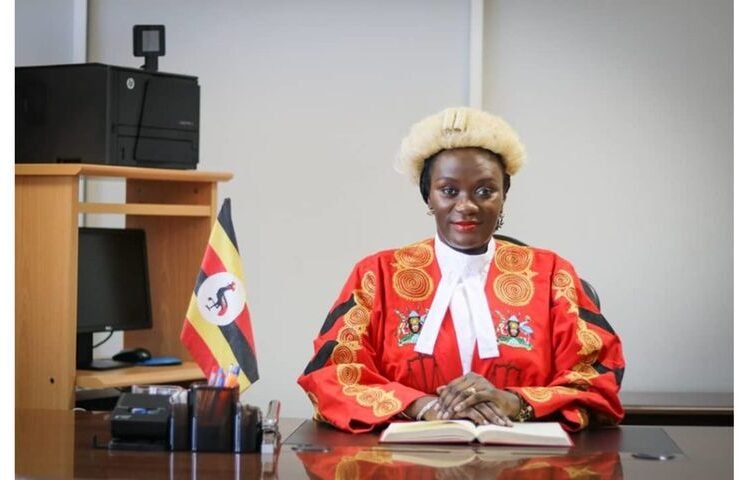A Ugandan judge has been appointed to serve in the UN Tribunal in Arusha which is set to close soon.
Lady Justice Lydia Mugambe Ssali will join the roster of Judges of the International Residual Mechanism for Criminal Tribunals or the Mechanism (IRMCT).
The appointment was made by the United Nations secretary general Antonio Guterres and announced by the Mechanism on Friday.
Judge Mugambe will serve the remainder of term of office of another Ugandan Judge Elizabeth Ibanda-Nahamya who passed on early this year.
In accordance with its Statute, the Mechanism has a roster of 25 independent Judges who serve both branches of the Mechanism.
The two branches are in Arusha and in The Hague, Netherlands handling the remaining cases of genocide in Rwanda and former Yugoslavia.
The Mechanism or IRMCT was established by the UN Security Council in 2010 to perform the remaining functions of former tribunals.
These are the International Criminal Tribunal for Rwanda (ICTR) and International Criminal Tribunal for the former Yugoslavia (ICTY).
The two courts have since then completed their respective mandates with ICTR, which was based in Arusha, convicted 62 suspects for genocide against the Tutsi in Rwanda.
The last Rwandan to be convicted of war crimes and crimes against humanity Augustine Ngirabatware is already serving his sentence outside Tanzania.
Award winning Judge Mugambe is nor stranger to the Arusha-based UN Court whose precursor (ICTR) was set up in 1994.
At one time she worked in the Legal Support Section and later the Appeals and Advisory Division in the Prosecutor’s Office.
Over the years, she has received a number of awards for her important contributions in the areas of human rights and gender-based justice.
In Uganda, she served as a member of the Ugandan judiciary for many years as a Judge of the Court of Appeal and Constitutional Court.
Before her elevation as a Judge of the High Court of Uganda, she held a number of positions in the country’s Judiciary.
Judge Mugambe graduated from the Faculty of Law of Makerere University, Uganda, with a Bachelor of Laws.
She holds two Master of Laws degrees from the University of Pretoria in South Africa and Lund University in Sweden, and is currently a doctoral researcher at the University of Oxford, United Kingdom.






























































